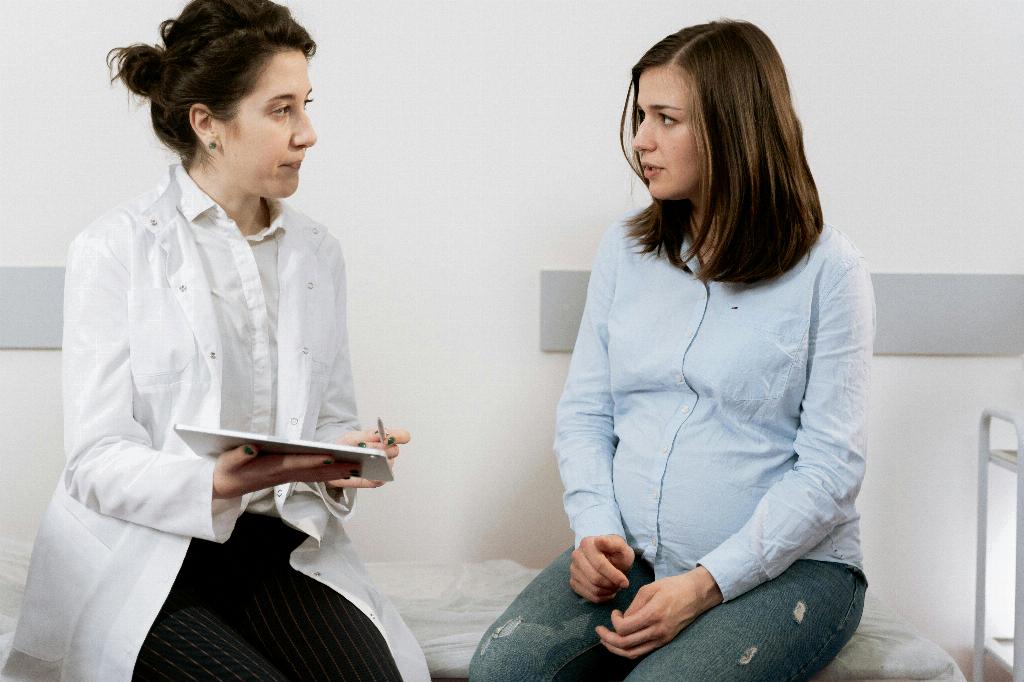When it comes to pregnancy, the changes a woman’s body goes through are incredibly fascinating. Many expectant mothers wonder if pregnancy symptoms vary week by week. Let’s delve into this topic and explore the journey of pregnancy symptoms as they evolve throughout the weeks.
Early Signs of Pregnancy
During the early weeks of pregnancy, hormonal changes play a significant role in how a woman feels. Mood swings, fatigue, breast tenderness, and nausea can all make an appearance as early as week five. These symptoms can vary in intensity and may fluctuate from day to day.
Weeks 6-12: The First Trimester
As the first trimester progresses, women may notice additional symptoms such as morning sickness, increased urination, and food aversions. These changes can occur gradually and differ in severity from woman to woman. Some individuals may experience these symptoms more intensely than others.
Weeks 13-27: The Second Trimester
The second trimester is often referred to as the “honeymoon phase” of pregnancy due to a potential decrease in symptoms like nausea. However, other changes may arise, such as weight gain, skin changes, and the beginning of baby movements. These symptoms mark the midpoint of pregnancy and can signal the transition into the next stage.
Weeks 28-40: The Third Trimester
During the final weeks of pregnancy, symptoms may intensify as the body prepares for childbirth. Braxton Hicks contractions, backaches, shortness of breath, and swelling in the extremities are common occurrences. These changes signify the body’s readiness for labor and delivery.
Individual Variations
It’s essential to note that pregnancy symptoms can vary significantly among women. Factors such as overall health, genetics, and lifestyle choices can influence how a woman experiences pregnancy. Some individuals may breeze through without many symptoms, while others may face more challenges.
Consulting a Healthcare Provider
For expectant mothers, consulting a healthcare provider is crucial in addressing any concerns about pregnancy symptoms. Healthcare professionals can offer guidance, support, and medical advice tailored to individual needs. Regular check-ups and communication with your healthcare team are vital throughout the pregnancy journey.
Self-Care and Support
Self-care practices, such as staying hydrated, eating nutritious foods, getting adequate rest, and engaging in light exercise, can help alleviate some pregnancy symptoms. It’s also essential to seek support from loved ones, friends, or online communities to navigate the emotional and physical challenges that pregnancy brings.
Mind-Body Connection
The mind-body connection is significant during pregnancy, as stress and anxiety can exacerbate symptoms. Practices like mindfulness, meditation, and prenatal yoga can aid in managing stress levels and promoting relaxation. Taking care of your mental well-being is just as crucial as caring for your physical health.
Preparing for Labor and Delivery
As pregnancy progresses, it’s essential to educate yourself about labor and delivery. Attend childbirth classes, create a birth plan, and discuss your preferences with your healthcare provider. Being informed and prepared can help reduce anxiety and ensure a smoother transition into the final stages of pregnancy.
Embracing the Journey
Despite the challenges that pregnancy symptoms may bring, it’s essential to embrace the journey and marvel at the incredible process of growing new life. Each week brings new changes and milestones, reminding women of the strength and resilience of the human body. Pregnancy is a unique and transformative experience that deserves to be cherished.

